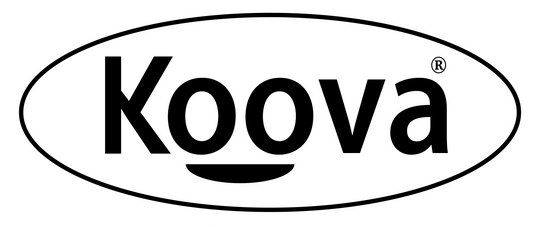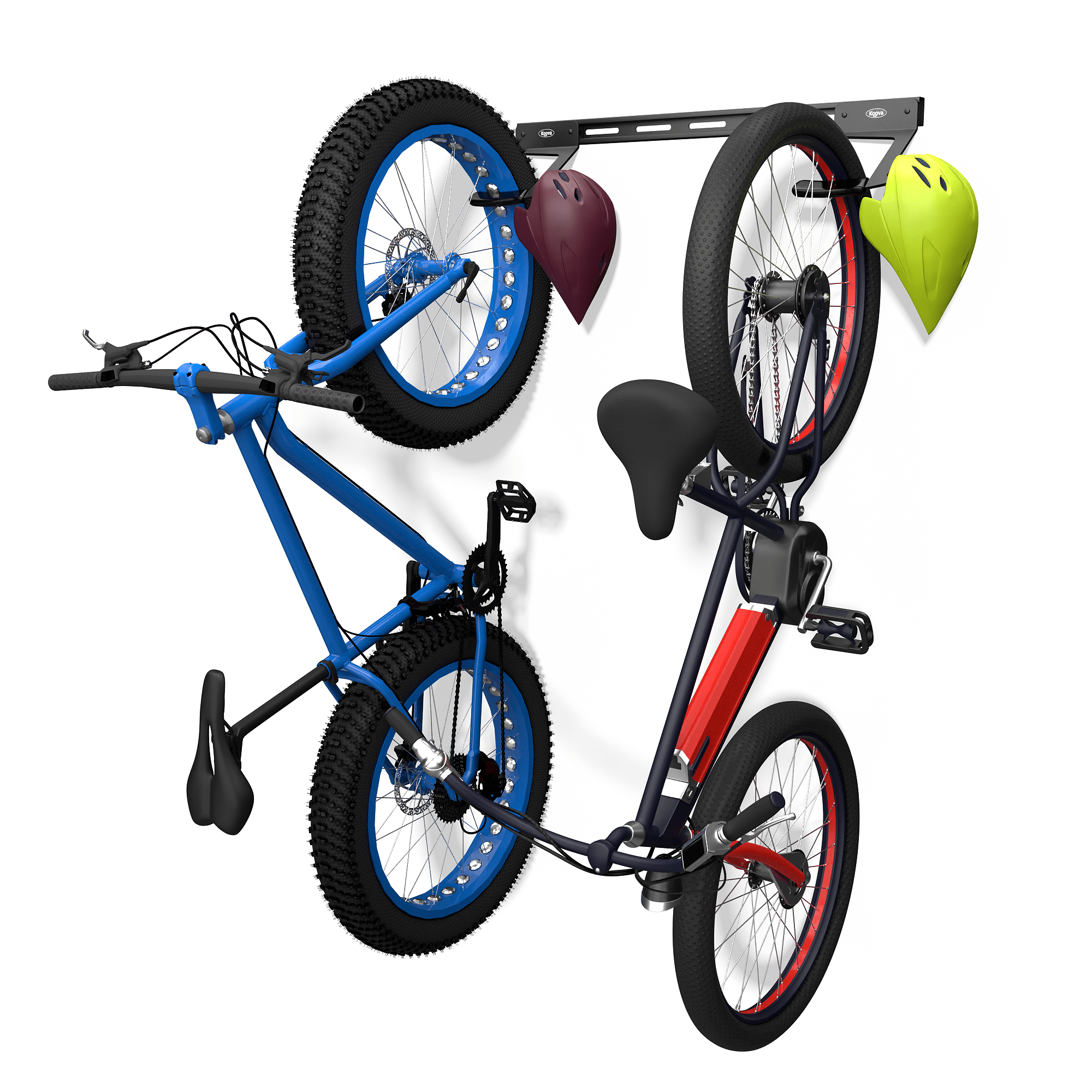Overview
Tips for creating a productive home office include assessing your space, choosing ergonomic furniture, organizing your desk, establishing work boundaries, and incorporating personal touches. Regular breaks and leveraging technology can enhance efficiency. Aim for a balanced environment that promotes both productivity and relaxation.
Frequently Asked Questions
1. What is the first step in creating a productive home office?
2. How can I make a small home office space more functional?
3. What type of furniture is recommended for a home office?
4. How important are breaks in a home office setting?
5. What are some ways to establish boundaries while working from home?
Creating a home office that maximizes productivity is essential for those working remotely or simply needing a dedicated space for tasks. With the right design, organization, and ambiance, you can make your home office a sanctuary for productivity. In this blog post, we’ll explore various strategies to design a functional and inspiring workspace that caters to your working style and needs.
Assessing Your Space
The first step in creating a productive home office is assessing your available space. Whether you have an entire room to dedicate to an office or just a small corner, understanding your layout can guide your design. Here are some tips to get started:
Identify a Suitable Location
Choose a quiet area in your home where distractions are minimal. This could be a spare room, a corner in your living room, or even a well-lit area in your bedroom. Make sure the location allows for good natural light, which is known to boost mood and productivity.
Consider a Multi-Functional Space
If you're short on space, think about how to make your work area multi-functional. For instance, consider a small desk that can also serve as a console table or a foldable desk that can be stowed away after work hours. This ensures that your workspace doesn’t take over your living area.
Choosing the Right Furniture
Once you have identified your workspace, the next step is to choose the right furniture that enhances productivity. Your desk and chair are critical components of your office setup.
Ergonomic Desk and Chair
Selecting an ergonomic chair and desk can significantly impact your comfort and work efficiency. An adjustable chair with good lumbar support can prevent back strain, while a desk that is at the right height helps maintain proper posture.
Storage Solutions
Organization is key to a productive office. Invest in storage solutions like filing cabinets, cubicles, and shelves to keep your area tidy. A paper towel holder can be a practical addition to your office as it keeps your workspace clean and organized, making it convenient to access paper towels for quick clean-ups.
Creating an Inspiring Atmosphere
The ambiance of your home office plays a significant role in your productivity. Here are some suggestions for creating an inspiring workspace:
Add Personal Touches
Personalize your office with decor that motivates you. Whether it’s artwork that inspires creativity or a vision board with your goals, adding your personal touch can make the space feel more inviting.
Incorporate Plants
Adding greenery into your workspace can enhance mood and air quality. Studies have shown that plants can reduce stress and improve overall well-being, making them a perfect addition to a home office.
Organizing Your Desk Space
A cluttered desk can lead to a cluttered mind. Here are tips for maintaining an organized desk that promotes focus:
Utilize Desktop Organizers
Desktop organizers can help you keep essential items within reach while minimizing clutter. Depending on your needs, you might have sections for pens, sticky notes, and even a small paper towel holder for easy disposal of waste.
Limit Distractions
Keep distractions away from your desk. This could mean turning off notifications on your phone, using noise-canceling headphones, or having a designated storage spot for personal items that can clutter your workspace.
Setting Boundaries
Once your office is set up, it’s vital to create boundaries for when you are working and when you are off the clock. This distinction can greatly enhance productivity and mental well-being.
Designate Work Hours
Establish specific work hours and stick to them. This signals to yourself—and others in your household—that during these times, you are focused on work. Ensure to communicate your schedule to housemates or family members to minimize interruptions.
Create a “Shutdown” Ritual
Just as you have a routine for starting your workday, develop a shutdown ritual for when you finish. This can be as simple as turning off your computer, tidying up your desk, or writing your task list for the next day. This habit reinforces clear boundaries and helps separate work from personal time.
Maintaining a Productive Atmosphere
To sustain your productivity over time, you need to regularly evaluate and adjust your workplace environment. Productivity can fluctuate due to various factors, so being aware of these can help you stay on track.
Regularly Declutter
Set aside some time every week or month to declutter your workspace. A clean desk fosters clarity of thought. Pay attention to desk items, papers, and other supplies to ensure you only have what you really need.
Adapt Your Setup
As your work tasks or preferences evolve, don’t hesitate to adapt your office setup. This might mean changing furniture, reorganizing storage, or even altering your decor. A refreshing change can sometimes reignite your motivation and productivity.
Leveraging Technology for Efficiency
In our tech-driven world, leveraging technology can also contribute to a productive home office. Various tools and applications can optimize your workflow.
Productivity Tools
Consider using productivity tools like project management software, task lists, and calendar organizers. These help keep your tasks organized and deadlines clear, ultimately improving efficiency.
Technology Ergonomics
Ensure that your technology is positioned correctly to prevent strain. For instance, your computer screen should be at eye level, and your keyboard should be positioned to allow your wrists to remain straight while typing. Also, invest in quality tech peripherals that enhance your workspace functionalities, like comfortable keyboards and mouse devices.
Importance of Breaks
While it may seem counterintuitive, taking regular breaks is crucial for maintaining high levels of productivity. Working for extended periods without a break can lead to burnout and reduced efficiency.
Schedule Breaks
Implement a break schedule that allows for short, frequent breaks throughout the day. The Pomodoro Technique is popular, where you work for 25 minutes and then take a 5-minute break. After four cycles, take a longer break of 15-30 minutes.
Engage in Physical Activity
Use your break time for physical activity, even if it’s just stretching or a short walk. This can help clear your mind, improve blood circulation, and recharge your energy levels for the remainder of your workday.
Creating a Balance Between Work and Home Life
Finally, establishing a balance between your work responsibilities and personal life while working from home is essential. You'll want to put your productivity strategies in place without neglecting family or personal time.
Set Up a Family Schedule
If you share your home with family, consider creating a shared schedule that outlines everyone's commitments. This can help ensure that personal activities don’t overlap with your work responsibilities.
Designate “No Work” Zones
Establish zones in your home that are strictly for personal time and leisure. Avoid bringing work into these zones to help your mind shift from “work mode” to relaxation mode.
Your Ultimate Productive Home Office Awaits!
Creating a home office that maximizes productivity is a multifaceted process that involves design, organization, technology, and boundary setting. By carefully assessing your workspace, investing in ergonomic furniture, incorporating personalized touches, and establishing clear boundaries, you can create an atmosphere conducive to efficiency and focus. Remember to incorporate elements that keep your workspace organized, like a practical paper towel holder and desk organizers.
With the right setup, you’ll not only enhance your productivity but also create a work environment that is enjoyable and suitable for your unique working style. Go ahead and transform your home office into your productivity paradise today!
Linked Product

Center-Pull Paper Towel & Spray Bottle Holder
The Center-Pull Paper Towel & Spray Bottle Holder is designed to streamline your cleaning routine by providing a dedicated space for two spray bottles and a center-pull paper towel roll. Its sturdy metal construction ensures durability, making it suitable for both home and garage use. By utilizing vertical wall space, this organizer helps maintain a tidy environment, contributing to a more efficient workspace.
View Product

